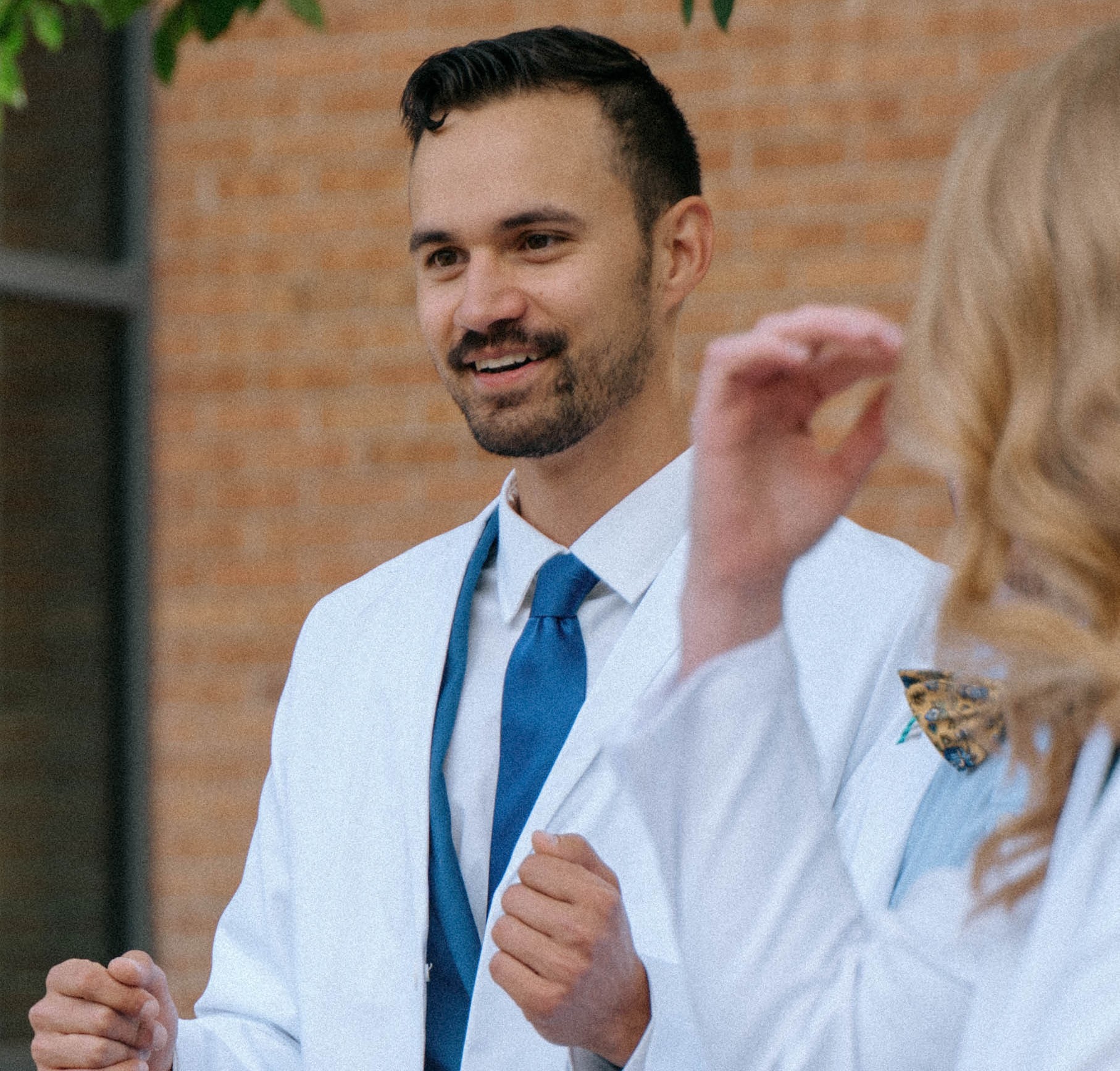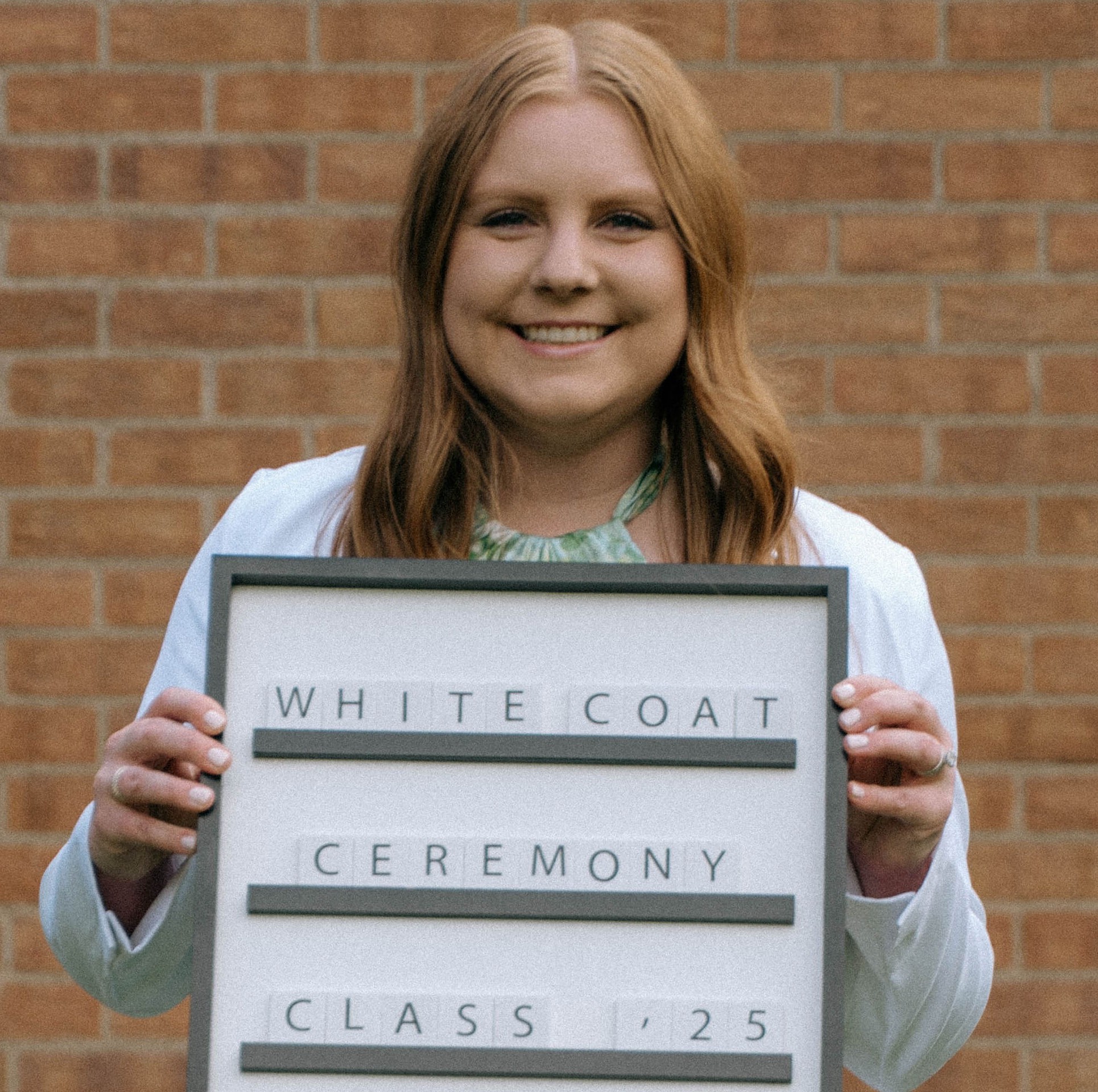Technical Standards Policy
The Colorado Mesa University Bechtel Physician Assistant (PA) Program is a rigorous and intense program that places specific requirements and demands on students. The technical standards included below establish the essential qualities considered necessary for admitted students to achieve the knowledge, skills, and competencies needed to succeed as entry level Physician Assistants.
Applicants unable to fulfill these technical standards prior to, or any time after enrolling into the program, with or without reasonable accommodation, will not be permitted to enter or progress within the program.
Qualifying applicants and enrolled PA Program students must possess aptitude, ability, and skills in the following categories:
OBSERVATION:
Students must be able to observe as well as participate in demonstrations, visual presentations, and exercises related to basic sciences. These activities will take place in the classroom and skills lab settings, including, but not limited to, direct patient observation and physiologic demonstrations in microbiologic cultures. Students must be able to observe accurately at a distance and at a close range, including observations made through a microscope and observations of standardized patient models. At times, observation includes the functional use of the special senses, such as the sense of smell or touch.
COMMUNICATION:
Students must be able to speak intelligibly, hear sufficiently, and elicit and transmit patient information in oral and written English to members of a healthcare team. They must be able to describe changes in mood, activity, and posture. Students must be able to communicate effectively and intentionally with patients, as well as perceive non-verbal cues through body language. Reading skills must be demonstrated at a level sufficient to accomplish curricular requirements and provide clinical care to patients. They must be capable of completing appropriate medical records, documents, and plans according to protocol in a thorough and timely manner.
MOTOR COORDINATION AND FUNCTION:
Students shall possess motor skills sufficient to directly perform palpation, percussion, auscultation, and other basic diagnostic procedures. They must be able to execute motor movements required to provide essential medical care, such as airway management, placement of catheters, suturing, phlebotomy, application of sufficient pressure to control bleeding, simple obstetrical maneuvers, etc. Such actions require coordination of gross and fine muscular movements, equilibrium, and functional use of the senses of touch and vision.
INTELLECTUAL-CONCEPTUAL, INTEGRATIVE, AND QUANTITATIVE ABILITIES:
Problem solving, the critical skill demanded of PAs, requires that students have the ability to measure, calculate, reason, analyze, and synthesize. Students must be able to independently access and interpret medical histories or files; identify significant findings from history, physical examination, and laboratory data; provide a reasoned explanation for likely diagnoses; prescribe medications and therapy; and recall and retain information in an efficient and timely manner. The ability to incorporate new information from peers, teachers, and medical literature in formulating diagnoses and plans is essential. Good judgment in patient assessment, diagnosis, and therapeutic planning is also crucial.
BEHAVIORAL AND SOCIAL ATTRIBUTES:
Students must demonstrate the emotional and mental health required for full utilization of his or her intellectual abilities. Students must possess the ability to use their intellectual capacity, exercise good judgment, and promptly complete all responsibilities related to the diagnosis under potentially stressful and/or emergency circumstances. They must also be able to develop empathic, sensitive, and effective relationships with patients. They must be able to adapt to changing environments and learn in the face of uncertainties inherent in the practice of medicine. Compassion, integrity, ethical standards, concern for others, interpersonal skills, interest, and motivation are all personal qualities that will be assessed during the admissions and educational process. Students must be capable of developing constructive and cooperative working relationships with others, demonstrate proper use of supervision, and act independently.
When indicated, students unable to resolve deficiencies in the above areas with or without appropriate accommodation will be counseled to pursue alternate career paths.
 |
 |
